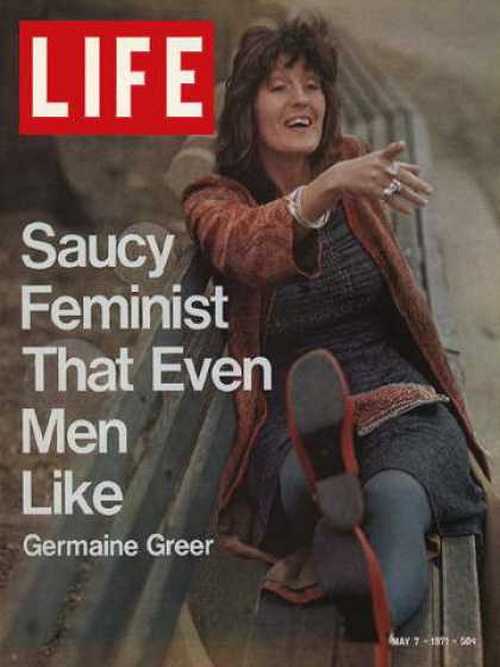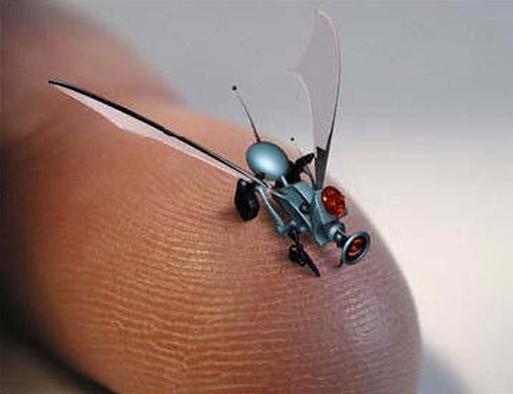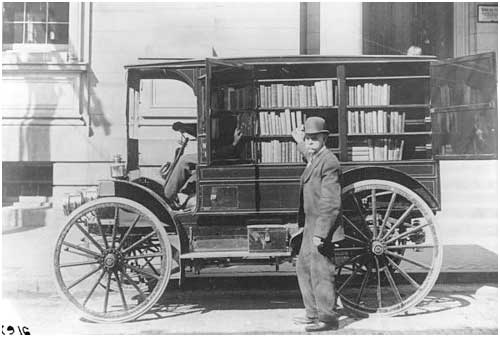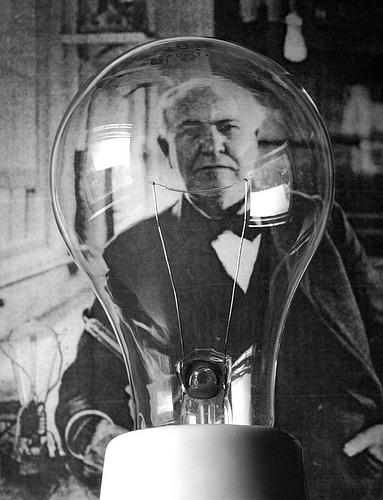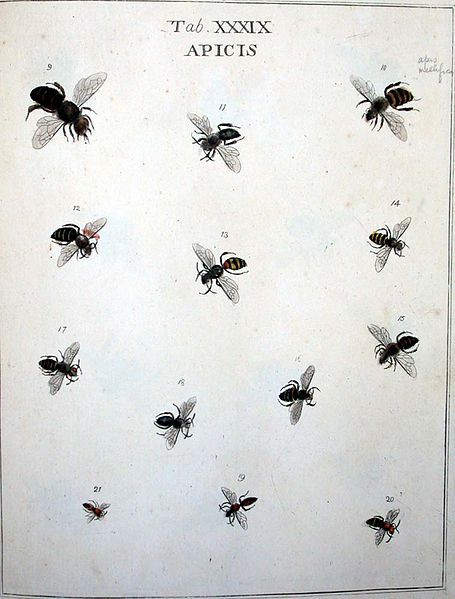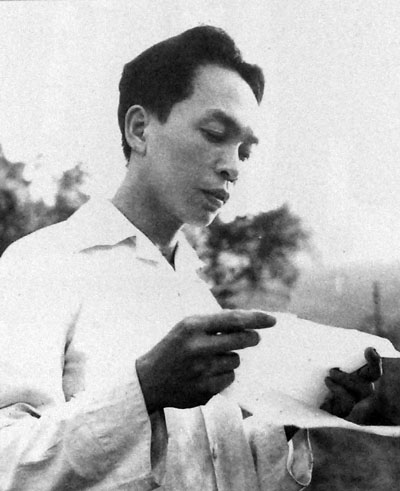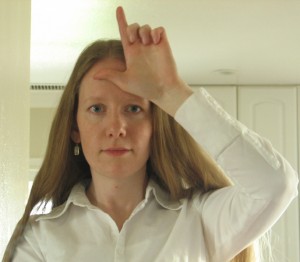
David Pogue, New York Times tech writer and Nova: Making Stuff host, just did an AMA on Reddit. A few exchanges follow.
_________________________
Question:
What was the first tech product that made you think “wow!”?
David Pogue:
If you really mean FIRST…
It was the Whistle Switch. Maybe 1974. I was nine. You could make this high hissy sound, either with your mouth or with a provided squeezy toy, to turn an appliance on or off. (Kind of like the Clapper.)
To me, it was magic. I eventually McGuyvered my entire bedroom, using the Whistle Switch to start a Rube Goldberg sequence involving a record player, Erector set motor, lights coming on, clothes folding by themselves…it was called “The Automatic Room,” and it was my masterpiece.
_________________________
Question:
In your opinion, which of these “big player” social networks will be the first to fail and why?
- Facebook
- Twitter
- Instagram
- Google +
David Pogue:
Well, Google+ seems to have a rarefied audience of tech folks; I’m not sure it has a real chance at becoming, you know, Facebook.
And Instagram is awesome, but also an easily duplicated, easily incorporated feature; such photo sharing might eventually be built into other gadgets and networks. So basically, I’d say #4, #3, #2, and #1, in that order!
_________________________
Question:
What is an industry where tech hasn’t yet made an impact but you think will be impacted by it soon?
David Pogue:
There are examples all around us! Just look at Nest, whose Internet-connected, intelligent thermostat shook up the thermostat business (which hadn’t changed in 50 years)! Now they’re introducing a smoke alarm that will have the same effect!
We have much farther to go with cars/traffic/transportation. With groceries. With customized clothing shopping online. We’re at the Commodore 64 era with those!
_________________________
Question:
What technology company scares you the most and why?
David Pogue:
I guess the expected answer would have something to do with privacy. You know: “Facebook” or “Google” or “Apple,” because they’re tracking us all and selling our data for Evil Purposes.
Truth is, I’m probably more relaxed than most about privacy. We get a lot of really cool, great tech for free in exchange for our data. There are cases where data should be private (your past, your medical history, etc.), but I’m really not bothered if Stop ‘n’ Shop wants to see what I bought.
________________________
Question:
If you had a choice, would you prefer a smartwatch or smartglasses (ala Google Glass)?
David Pogue:
The watch, for sure.
I think Google Glass has some profound social problems to overcome. When you’re talking to someone wearing them, you’re acutely uncomfortable. You know they could be filming you. It puts them in this artificially elevated social position, and it’s profoundly obnoxious.
Plus, they’ll be banned everywhere: movie theaters, courtrooms, stores, restaurants, sports events–anywhere that it’s uncool to hold a camera in front of your face now.•


